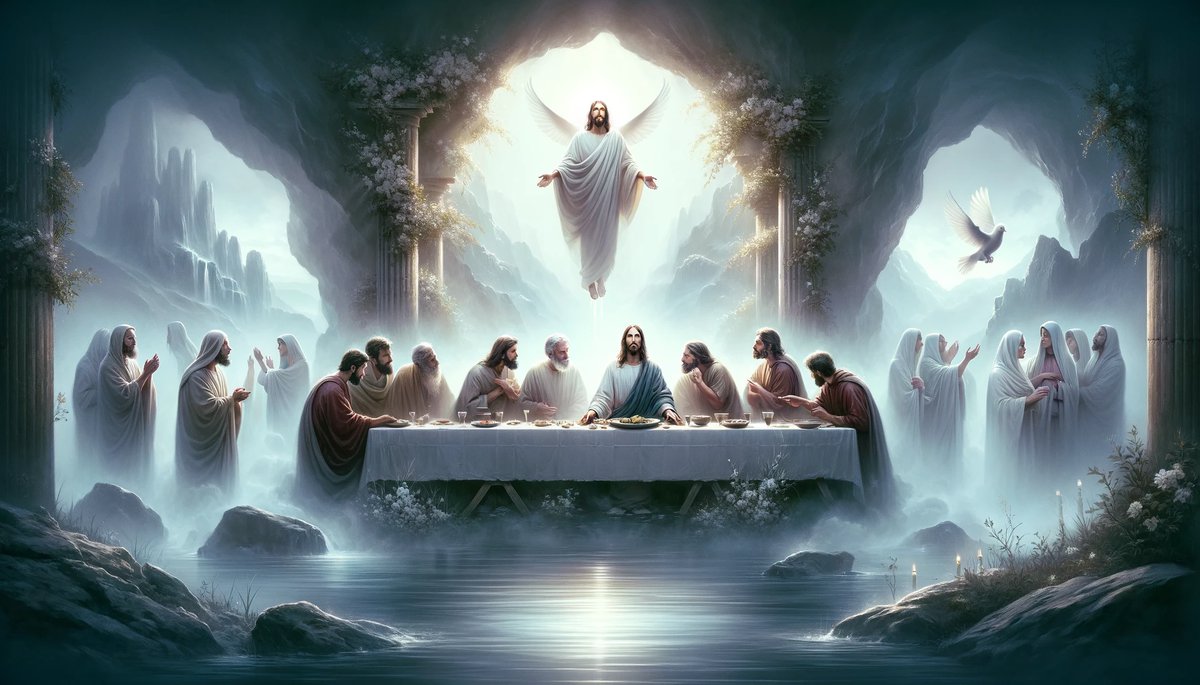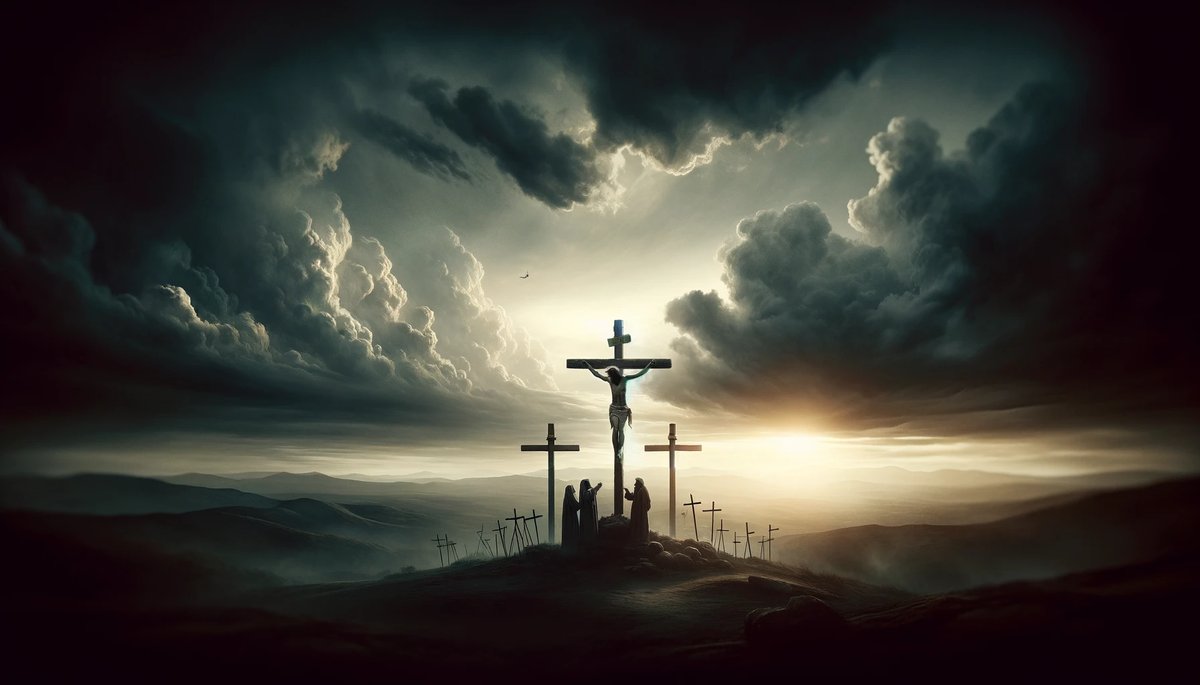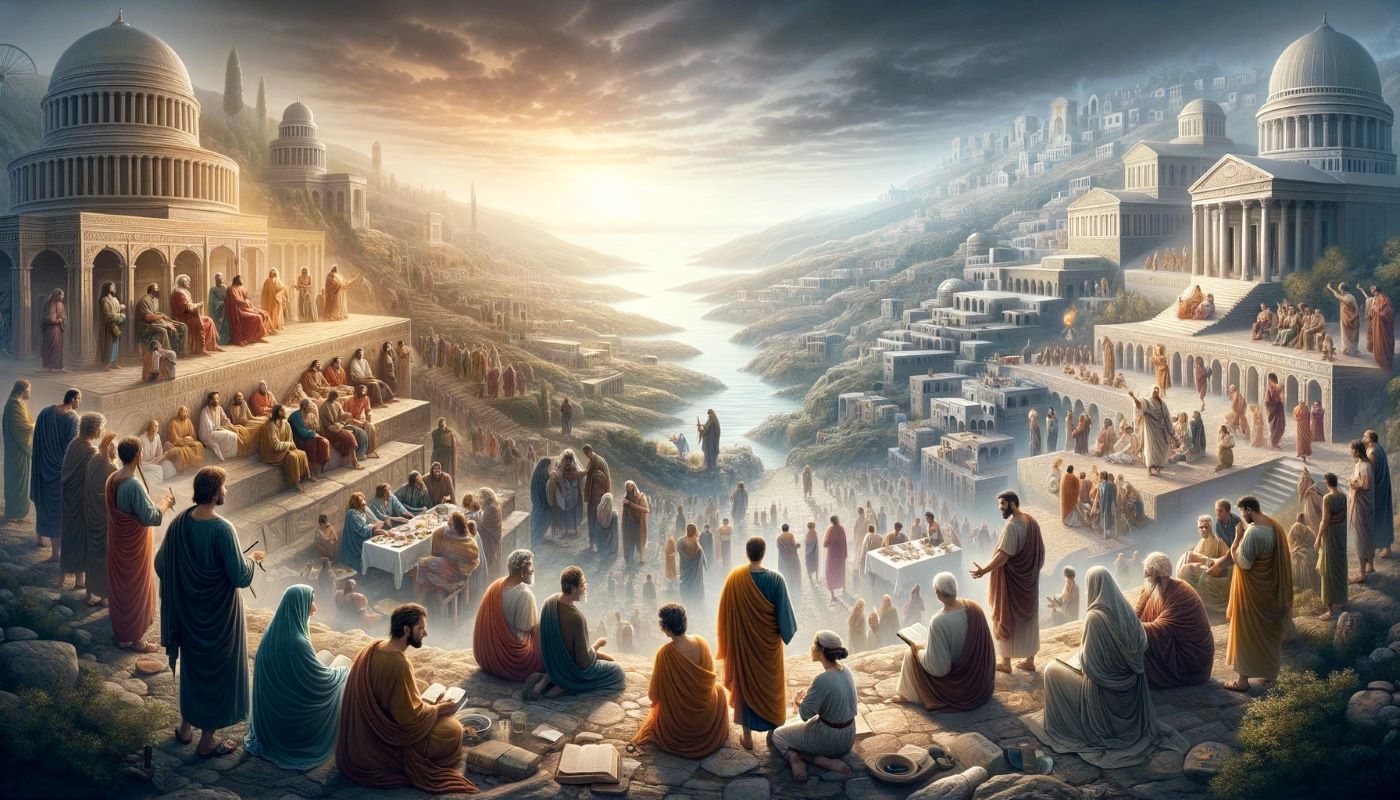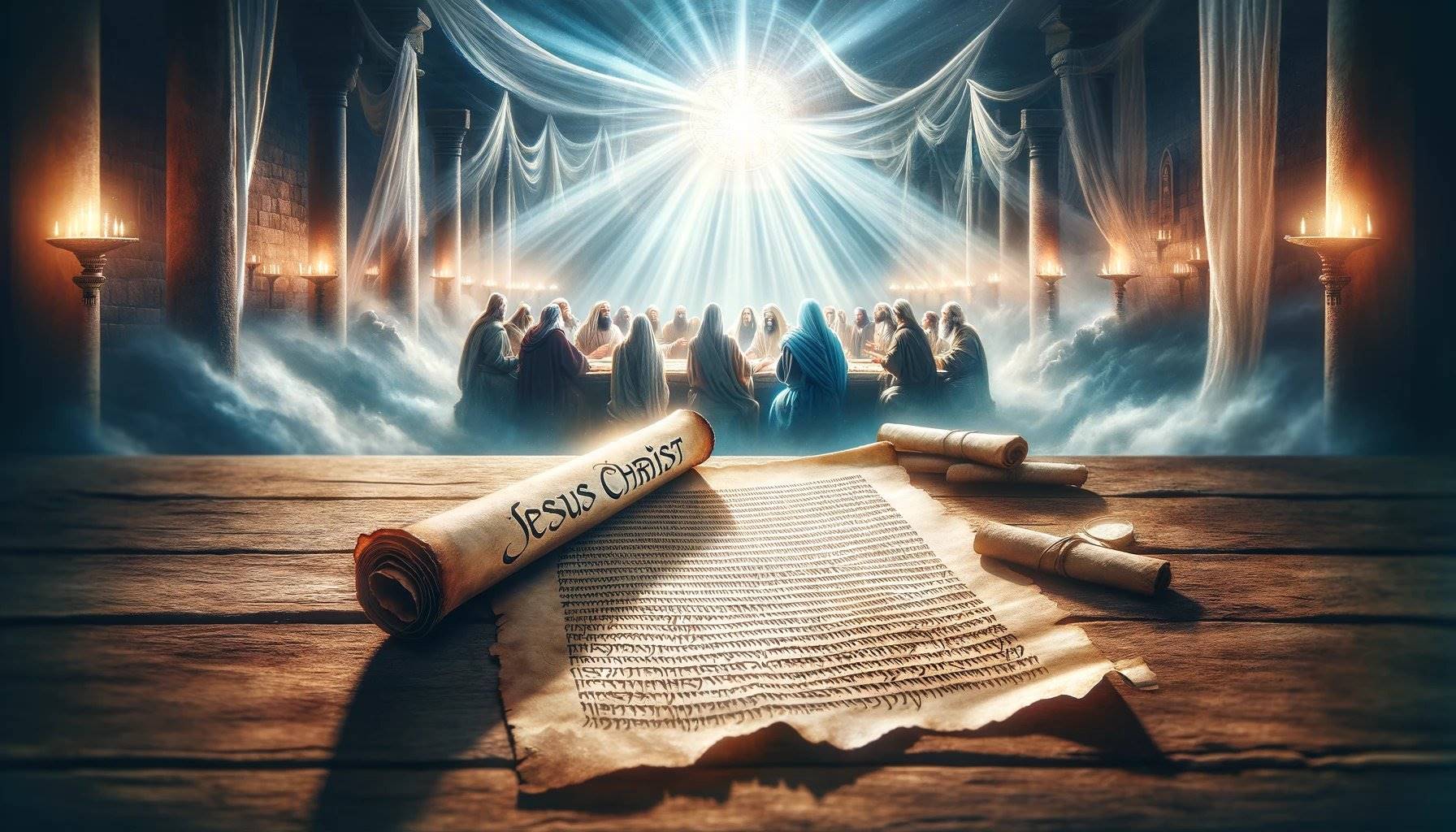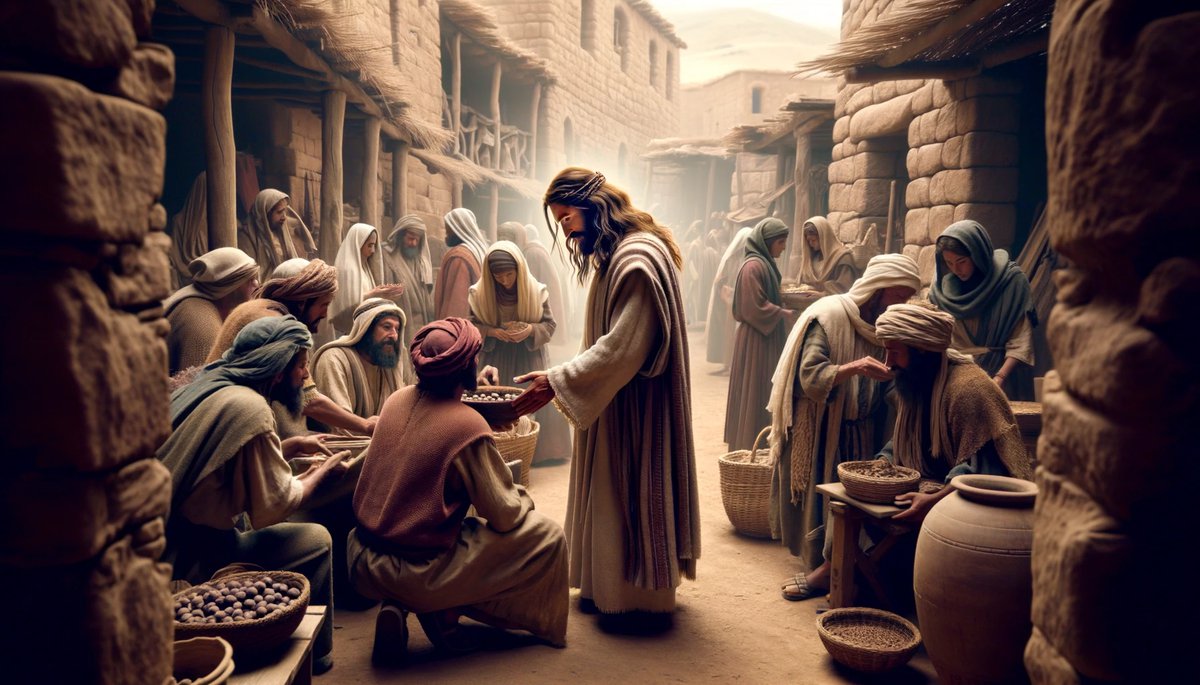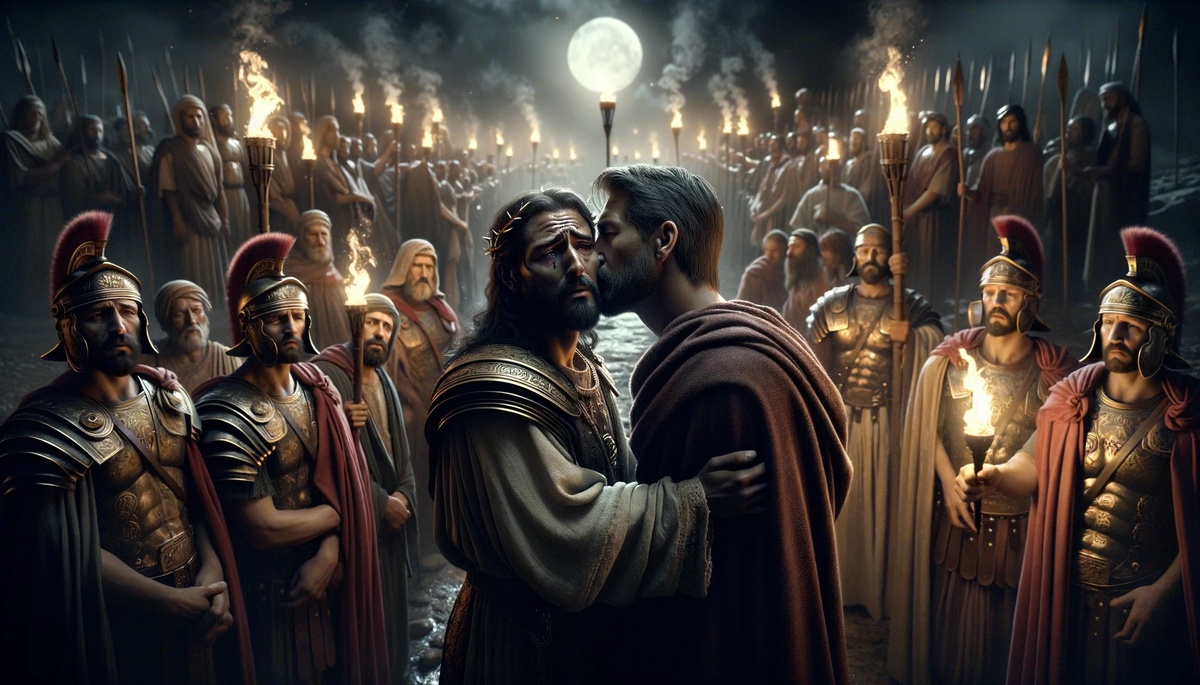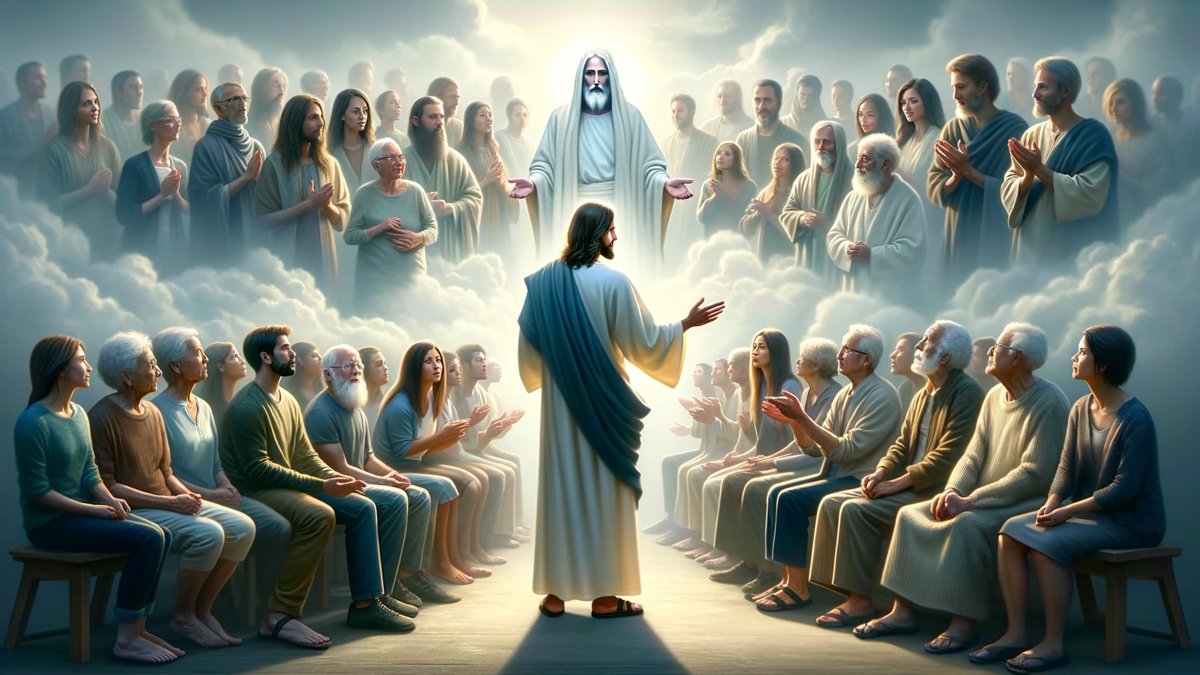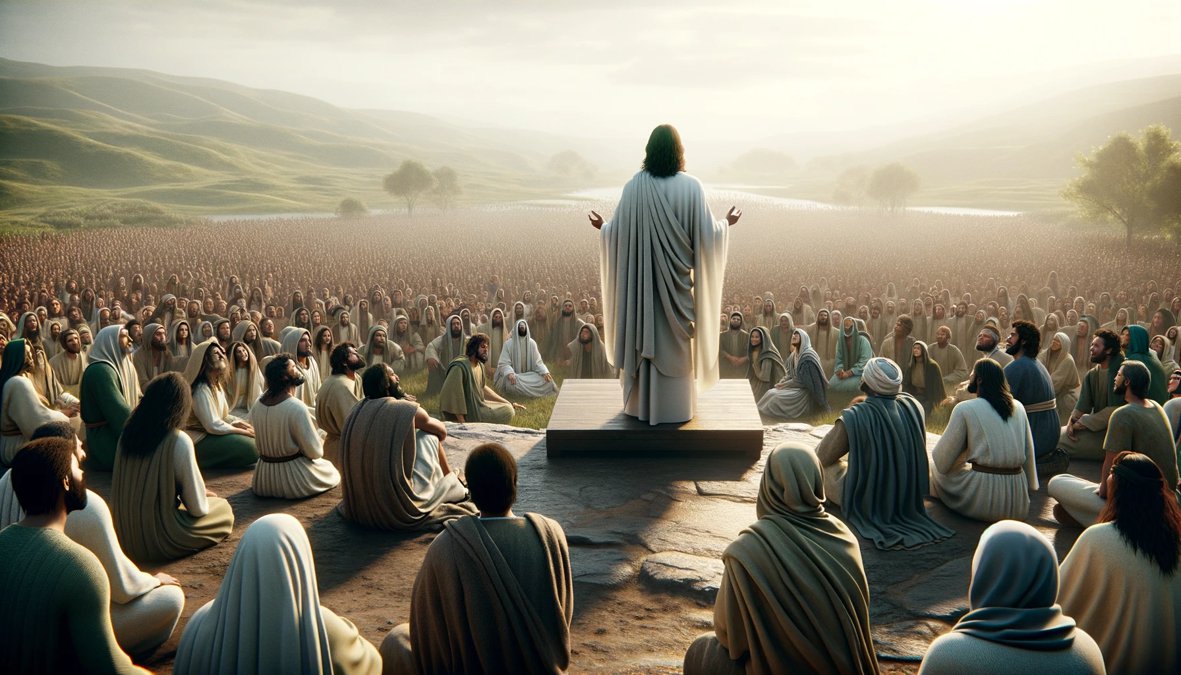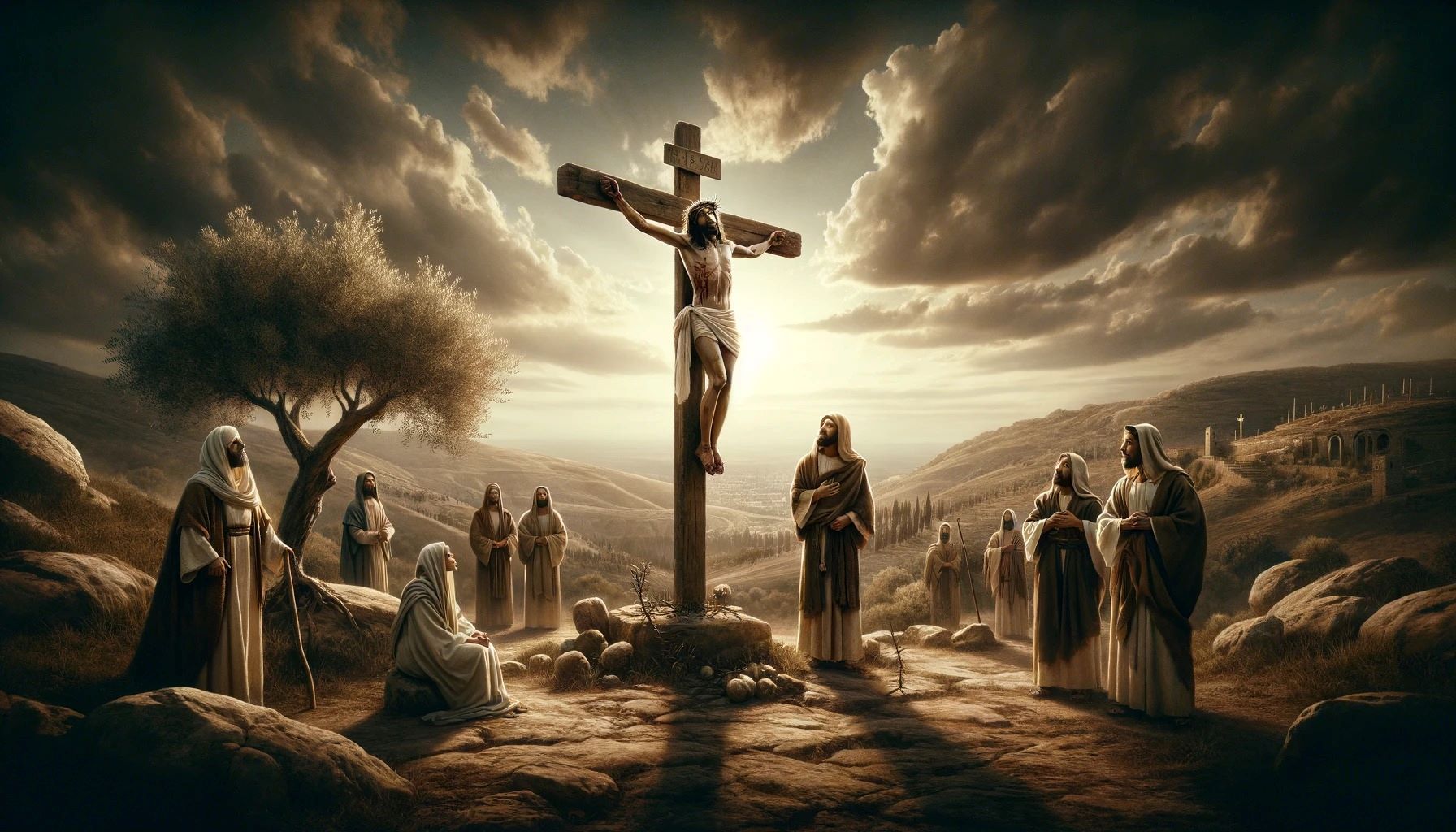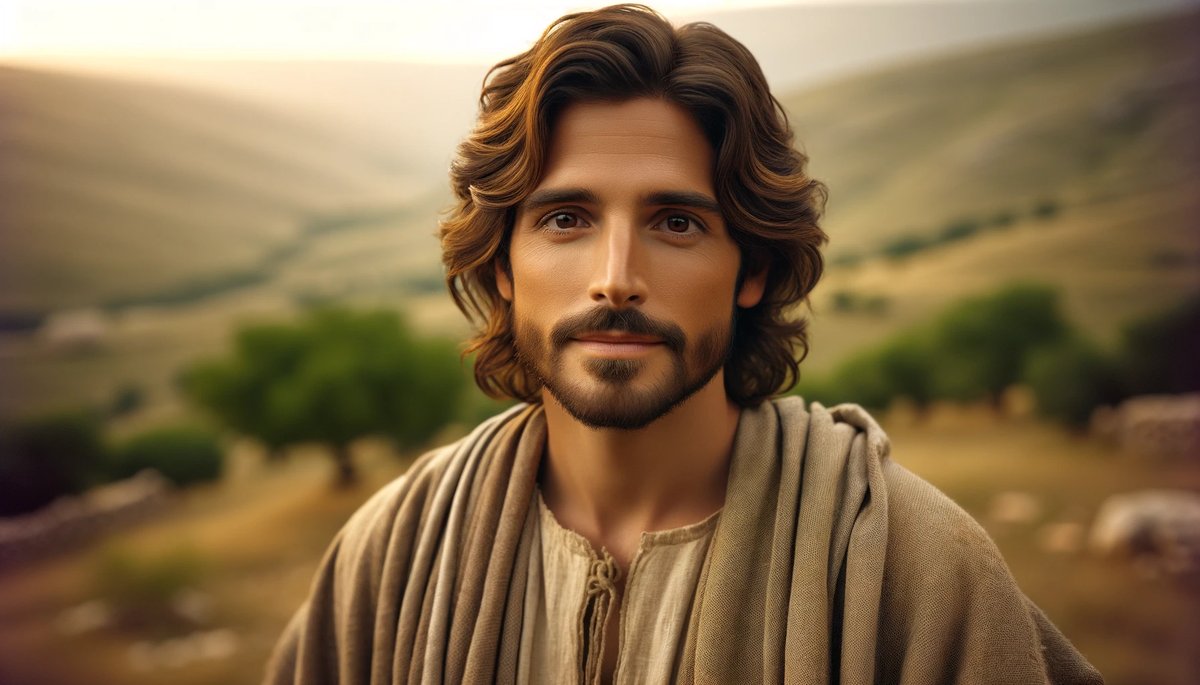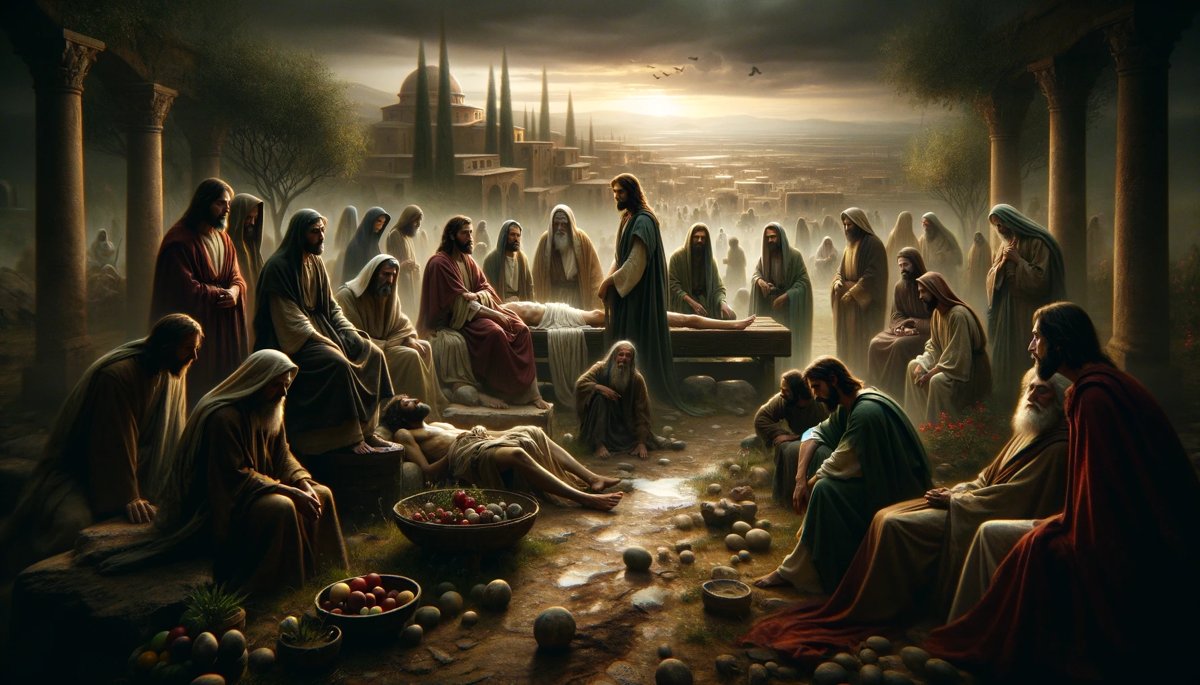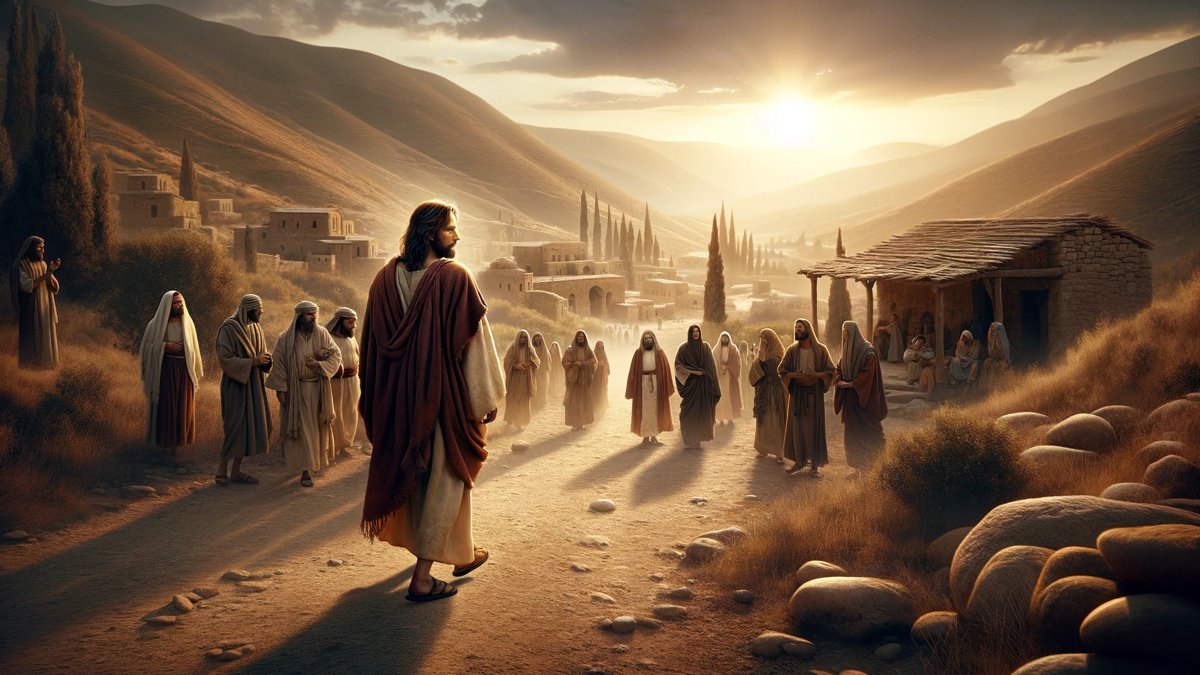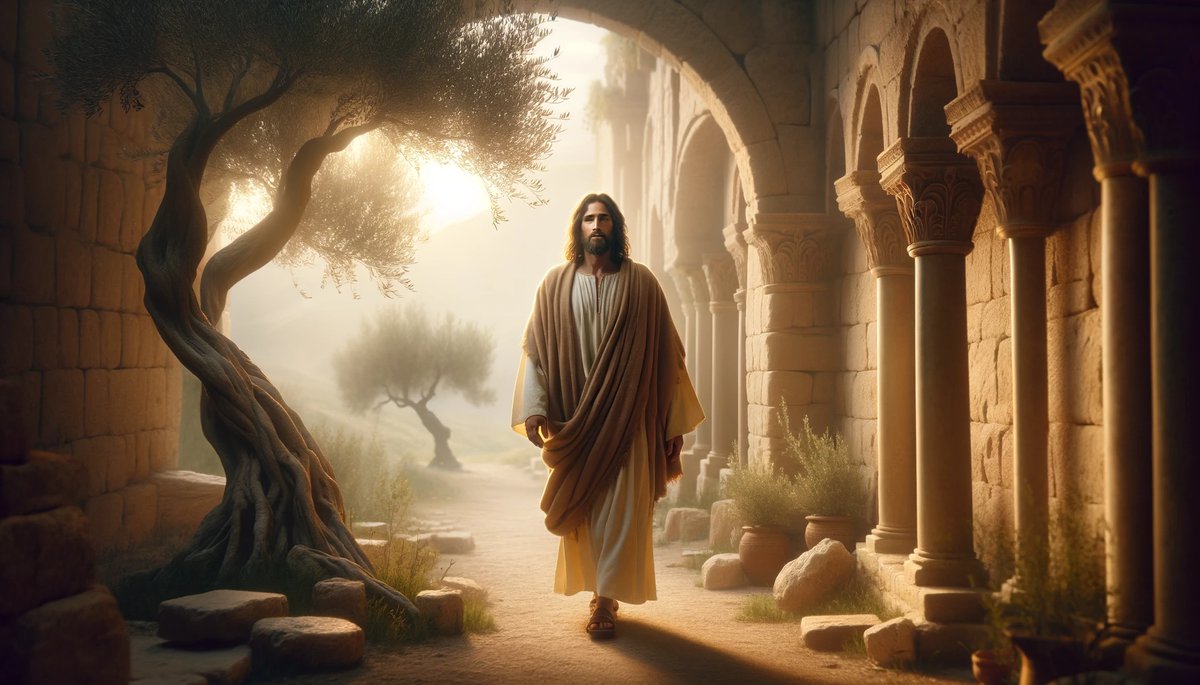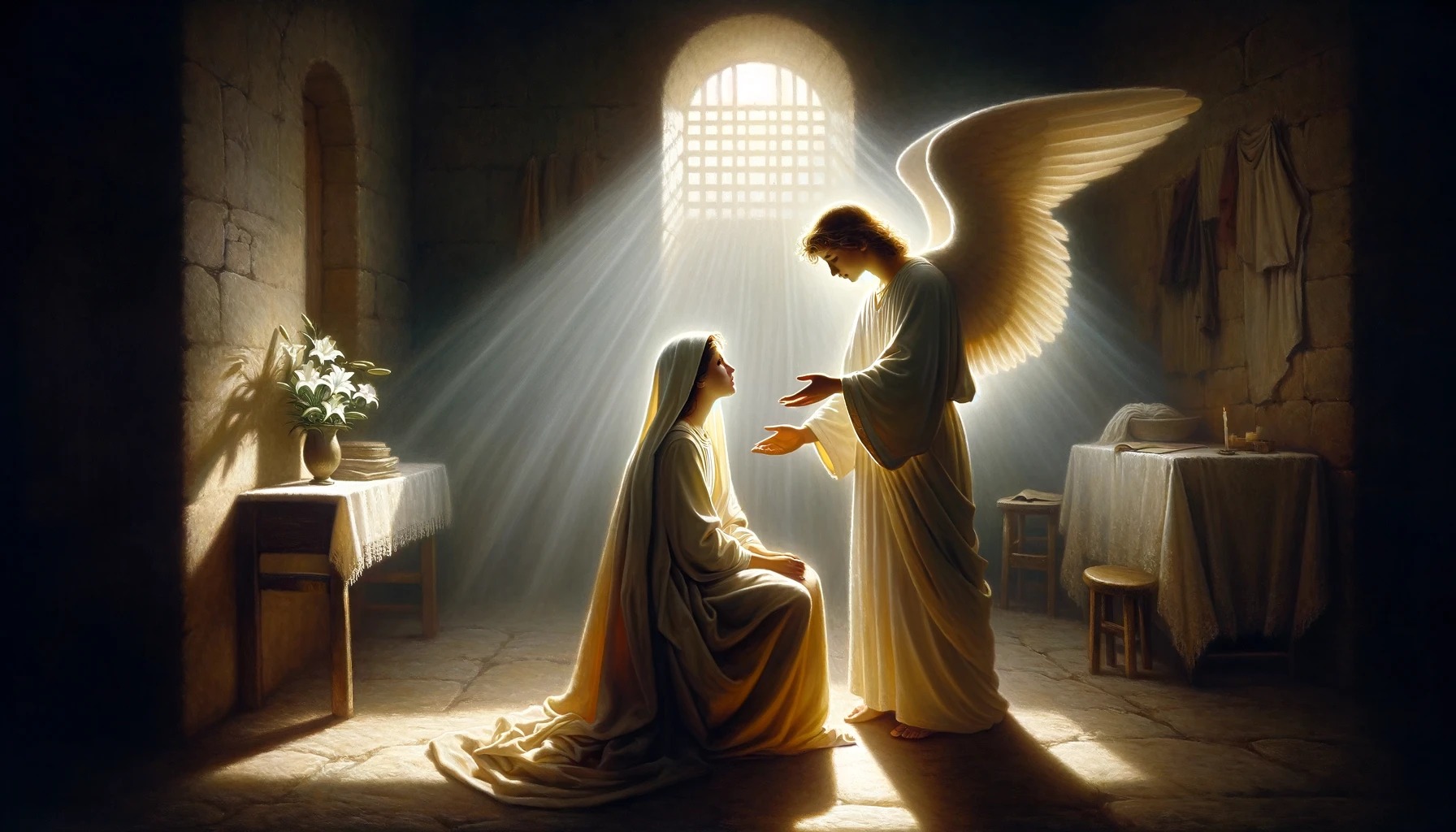Home>Christian Videos>Bible Stories>How Did Jesus Christ’s Death Defeat Satan?
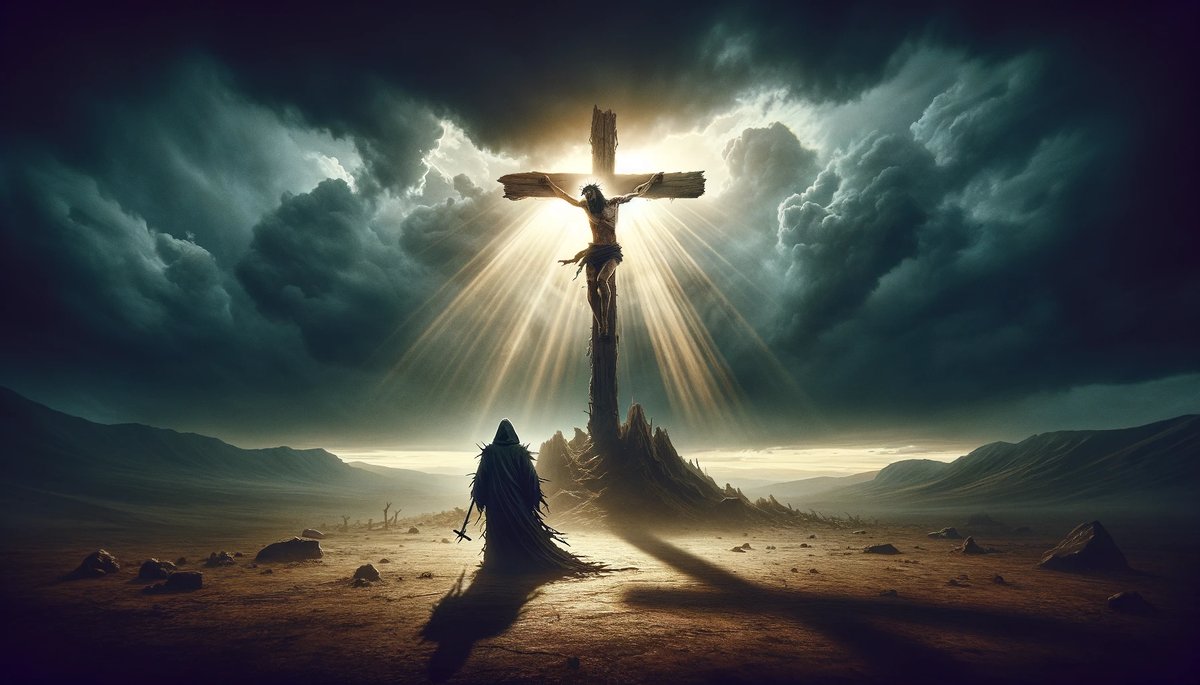

Bible Stories
How Did Jesus Christ’s Death Defeat Satan?
Published: March 3, 2024
Ericka Andersen, an editor at Christian.net, expertly merges digital strategy with content creation, focusing on faith and societal issues. Her communication skills enhance the platform's engaging narratives, fostering meaningful dialogue on belief's impact on society.
Discover how the death of Jesus Christ triumphed over Satan in this powerful Bible story. Uncover the victory and redemption in the ultimate sacrifice. Explore more on Bible stories.
(Many of the links in this article redirect to a specific reviewed product. Your purchase of these products through affiliate links helps to generate commission for Christian.net, at no extra cost. Learn more)
Table of Contents
The Power of Jesus Christ's Sacrifice
The power of Jesus Christ's sacrifice lies in its ability to atone for the sins of humanity and to defeat the forces of darkness. Through his death on the cross, Jesus offered himself as a perfect and unblemished sacrifice, fulfilling the requirements of divine justice and reconciling humanity with God. This act of selfless love and obedience demonstrated the depth of God's mercy and provided a way for humanity to be redeemed from sin and spiritual death. The sacrificial death of Jesus Christ holds immense power in its ability to bring about forgiveness, reconciliation, and the defeat of evil.
-
Atonement for Sin: Jesus Christ's sacrifice served as the ultimate atonement for the sins of humanity. By offering himself as a sinless sacrifice, he bore the punishment that humanity deserved, thereby satisfying the demands of justice and making a way for forgiveness and reconciliation with God.
-
Defeat of Satan: The sacrifice of Jesus Christ also resulted in the defeat of Satan and the powers of darkness. Through his death and subsequent resurrection, Jesus triumphed over the forces of evil, breaking their hold on humanity and securing victory over sin, death, and the devil.
-
Redemption and Restoration: The power of Jesus Christ's sacrifice extends to the redemption and restoration of humanity. Through his death, he provided a pathway for individuals to be reconciled with God, to be set free from the bondage of sin, and to be restored to a right relationship with their Creator.
-
Demonstration of Love: The sacrificial death of Jesus Christ serves as the ultimate demonstration of God's love for humanity. It reveals the depth of God's compassion and mercy, as well as his desire to bring about the salvation and spiritual renewal of all who would believe in him.
In summary, the power of Jesus Christ's sacrifice is multifaceted, encompassing atonement for sin, the defeat of Satan, the redemption and restoration of humanity, and the demonstration of God's love. It stands as the central event in Christian theology, holding profound significance for believers and serving as the foundation of their faith.
Read more: Why Did Satan Tempt Jesus Christ
Satan's Defeat through the Cross
-
Victory over the Powers of Darkness: Through his sacrificial death on the cross, Jesus Christ achieved a decisive victory over the powers of darkness, including Satan and his demonic forces. The cross served as the battleground where the forces of good and evil clashed, and ultimately, where the triumph of righteousness and redemption was secured. This victory was not merely symbolic but had real and tangible implications for the spiritual realm, as it shattered the dominion of darkness and established the reign of God's kingdom.
-
Breaking the Power of Sin and Death: The cross of Jesus Christ broke the power of sin and death, which were the primary tools used by Satan to enslave humanity. By offering himself as a perfect sacrifice, Jesus disarmed the forces of evil, rendering them powerless and ineffective in their attempts to separate humanity from the love and grace of God. Through his death, Jesus provided a way for individuals to be set free from the bondage of sin and to receive the gift of eternal life, thereby thwarting Satan's ultimate goal of spiritual destruction.
-
Redemption and Deliverance: The cross of Jesus Christ stands as the ultimate act of redemption and deliverance from the clutches of Satan. Through his sacrificial death, Jesus provided a means for individuals to be rescued from the domain of darkness and transferred into the kingdom of light. This act of deliverance not only secured freedom from the tyranny of Satan but also offered the promise of forgiveness, restoration, and eternal fellowship with God.
-
Establishing Authority and Dominion: The cross of Jesus Christ established his authority and dominion over all spiritual powers, including Satan. It demonstrated his supremacy and sovereignty, proving that no force, earthly or spiritual, could thwart the divine plan of redemption. This act of triumph over the forces of darkness affirmed Jesus' position as the conquering King, whose reign would ultimately bring about the defeat of all evil and the restoration of all things according to God's perfect will.
In summary, Satan's defeat through the cross of Jesus Christ represents a pivotal moment in the cosmic battle between good and evil. It signifies the overthrow of the powers of darkness, the breaking of the chains of sin and death, the redemption and deliverance of humanity, and the establishment of Jesus' authority and dominion over all creation. This profound victory stands as a testament to the power and love of God, offering hope and assurance to all who place their trust in the finished work of Christ on the cross.
The Victory of Christ over the Powers of Darkness
-
Triumph in Spiritual Warfare: The victory of Christ over the powers of darkness represents the ultimate triumph in spiritual warfare. Through his sacrificial death and subsequent resurrection, Jesus dealt a decisive blow to the forces of evil, demonstrating his authority and power over all spiritual entities. This victory was not achieved through conventional means but through the selfless act of laying down his life for the redemption of humanity, thereby exposing the limitations of the powers of darkness in the face of God's sovereign plan of salvation.
-
Defeat of Satanic Dominion: The victory of Christ on the cross shattered the dominion of Satan and his demonic forces. By willingly offering himself as a perfect sacrifice, Jesus disarmed the principalities and powers, rendering them powerless and ineffective in their attempts to enslave and condemn humanity. This act of defeat not only exposed the futility of Satan's schemes but also established the supremacy of Christ over all spiritual rulers and authorities, positioning him as the ultimate victor in the cosmic struggle between good and evil.
-
Establishment of God's Kingdom: The victory of Christ over the powers of darkness served to establish the reign of God's kingdom on earth. Through his redemptive work, Jesus initiated a new era where the authority and influence of darkness were eclipsed by the light of God's truth and grace. This victory ushered in a paradigm shift, signaling the dethroning of Satan as the ruler of this world and the exaltation of Christ as the rightful King whose kingdom would know no end. The cross became the emblem of God's ultimate victory over the forces of darkness, securing the triumph of righteousness and the defeat of all forms of spiritual oppression.
-
Assurance of Ultimate Deliverance: The victory of Christ over the powers of darkness provides assurance of ultimate deliverance for all who place their trust in him. Through his sacrificial death, Jesus provided a way for individuals to be rescued from the grip of spiritual bondage and to be transferred into the kingdom of light. This act of deliverance not only secured freedom from the tyranny of Satan but also offered the promise of forgiveness, restoration, and eternal fellowship with God. The victory of Christ stands as a beacon of hope, assuring believers that the powers of darkness have been decisively defeated and that their ultimate destiny is bound up in the triumph of the resurrected Savior.
In summary, the victory of Christ over the powers of darkness represents the culmination of God's redemptive plan, the defeat of Satanic dominion, the establishment of God's kingdom, and the assurance of ultimate deliverance for all who embrace the saving work of Jesus. This victory stands as a testament to the power and sovereignty of God, offering hope and assurance to all who look to the cross as the symbol of divine triumph over the forces of darkness.
The Redemption of Mankind through Christ's Death
-
Atonement for Sin: The sacrificial death of Jesus Christ served as the ultimate atonement for the sins of humanity. By offering himself as a sinless sacrifice, Jesus bore the punishment that humanity deserved, thereby satisfying the demands of justice and making a way for forgiveness and reconciliation with God.
-
Restoration of Fellowship: Through his death on the cross, Jesus provided a pathway for individuals to be reconciled with God. The broken relationship between humanity and God, caused by sin, was restored through the redemptive work of Christ. This restoration of fellowship allowed for a renewed and intimate connection between God and humanity.
-
Freedom from Bondage: The death of Jesus Christ also provided a means for individuals to be set free from the bondage of sin. His sacrifice broke the chains of spiritual enslavement, offering liberation and deliverance to all who would believe in him. This freedom from the tyranny of sin allowed for a life of purpose, joy, and spiritual fulfillment.
-
Eternal Life and Hope: Through his sacrificial death, Jesus provided the gift of eternal life to all who would accept it. This act of redemption offered the promise of life beyond the temporal existence, assuring believers of a future filled with hope, purpose, and the assurance of God's unfailing love and grace.
-
Transformation and Renewal: The redemptive work of Christ on the cross brought about a transformative renewal in the lives of believers. It offered the opportunity for spiritual rebirth, regeneration, and the indwelling of the Holy Spirit, leading to a life characterized by righteousness, holiness, and a renewed sense of identity as children of God.
-
Victory over Death: The death of Jesus Christ not only secured the redemption of mankind but also triumphed over the power of death. Through his resurrection, Jesus conquered the grave, offering the assurance of resurrection and eternal life to all who would place their faith in him. This victory over death provided believers with the hope of a future beyond the limitations of mortality.
In summary, the redemption of mankind through Christ's death encompasses the atonement for sin, the restoration of fellowship with God, freedom from bondage, the gift of eternal life, transformation and renewal, and the victory over death. This redemptive work stands as the central tenet of the Christian faith, offering hope, assurance, and the promise of new life to all who would embrace the saving grace of Jesus Christ.
